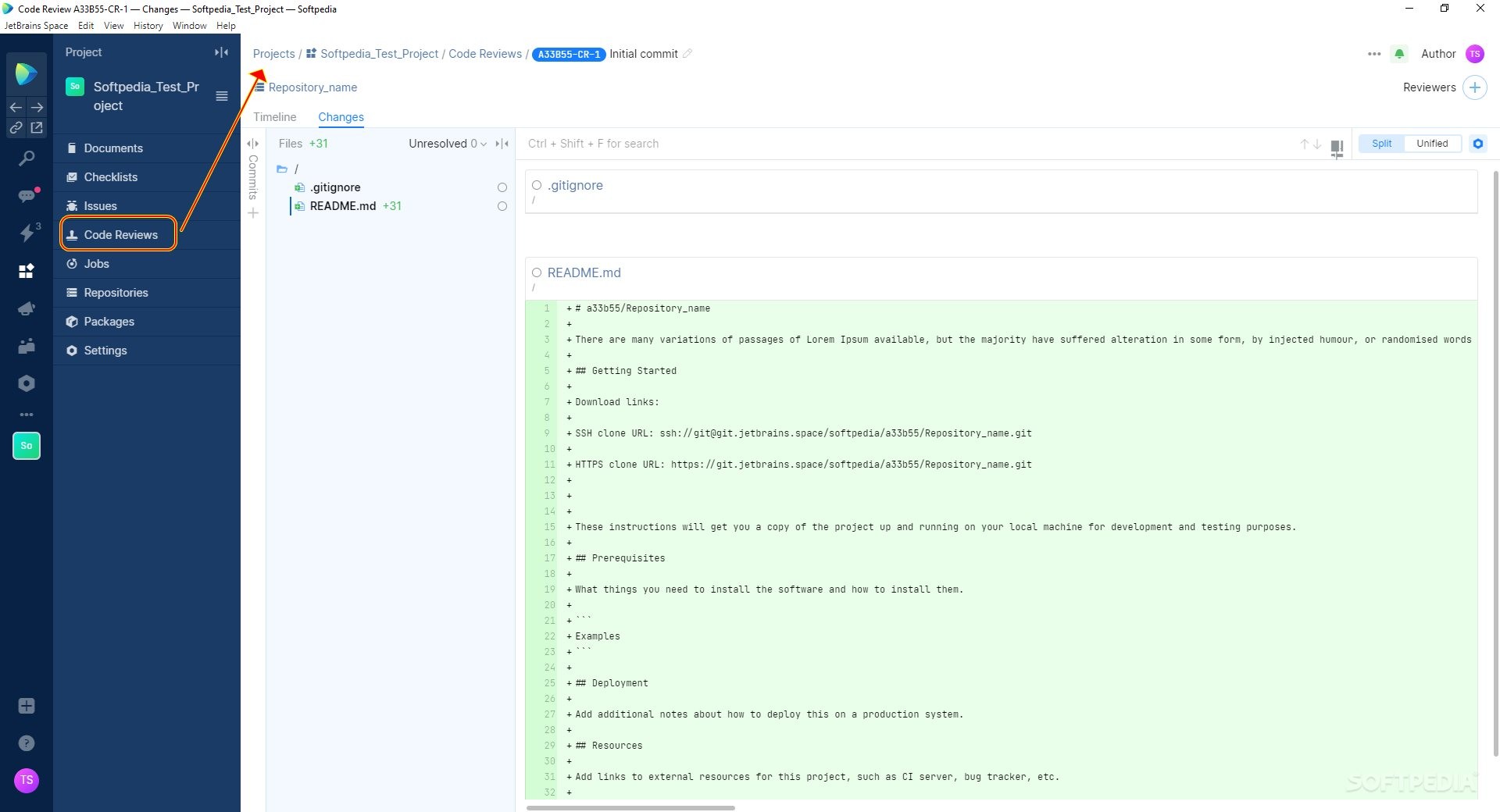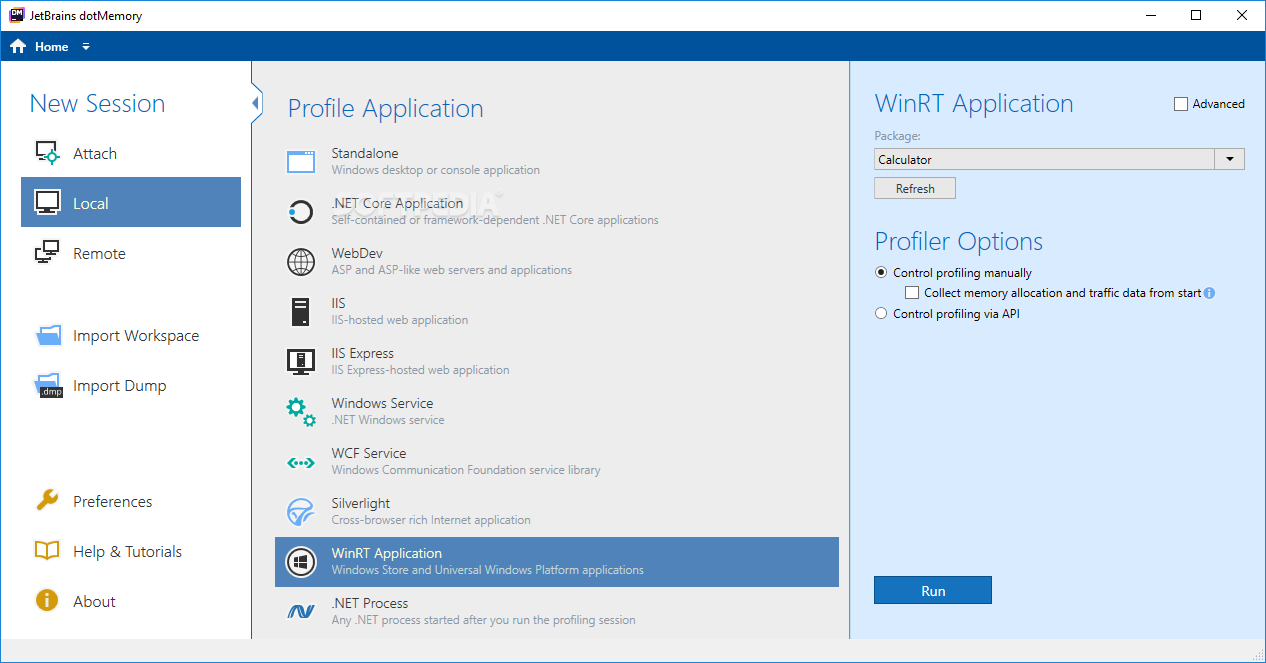

The downside is that you’re responsible for upgrades and maintenance to your software. The advantage of self-hosted tools is that you’re in full control over upgrades, and won’t get “surprised” by unwanted features and bugs.

5 Types of Self-hosted Source Control Serversĥ Criteria for Self-Hosted Git Server 1.5 Criteria to consider for Self-hosted Source Control.

We curated a list of different self-hosted source control options to save you some legwork and help get you started. Finding, evaluating, and migrating to a new source control platform is not easy – but it can pay off in the end, in terms of licensing costs and stability. When you evaluate self-hosted alternatives to “the public cloud” for your source code, you’ll run into a huge list of tools.Īfter a bit of research, you’ll discover that, outside of the on-premises versions of “major cloud” vendors (Azure DevOps, GitLab, etc.), there’s a bunch of tools that seem like they’re built for hobbyists. ProGet 2022: Scanning and Blocking Vulnerabilities 10th August, 2022 Self-Hosted How to Choose Self-hosted Git Source Control for your Organization in 2022 ProGet 2023: What’s Coming and When 09th February, 2023


 0 kommentar(er)
0 kommentar(er)
